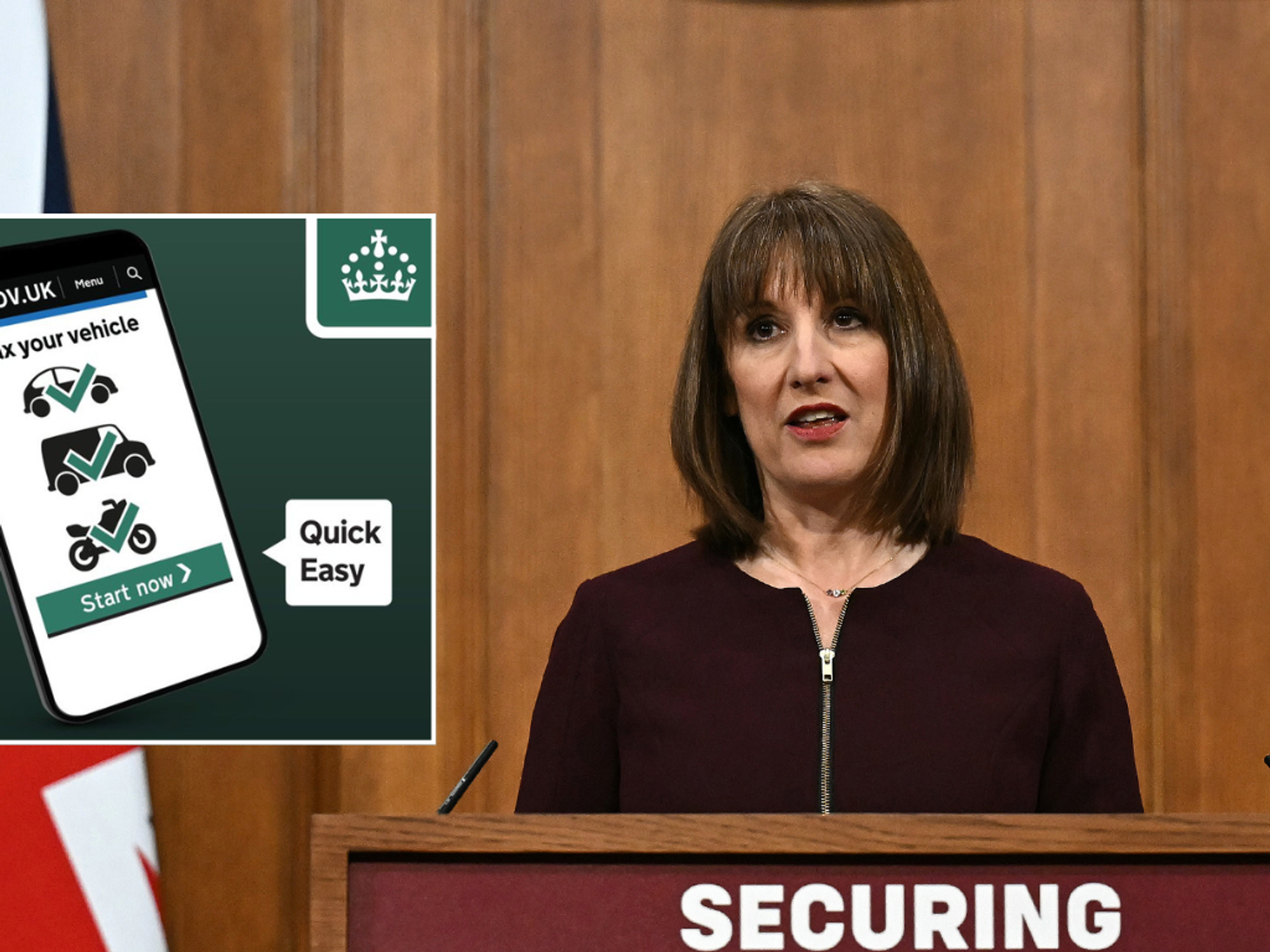Major car brand forced to recall 114k vehicles over fears airbag could 'explode' and cause 'serious injury or death'
Potential recalls could be announced for the UK in the near future
Don't Miss
Most Read
Trending on GB News
Drivers are being warned of new vehicle recalls affecting thousands of vehicles which could see drivers and passengers be hit with shrapnel that can cause serious injury.
More than one million vehicles are also under investigation amid fears the engines could fail based on an issue with the original manufacturing.
GB News has rounded up the most important car recalls of the past few weeks that drivers need to know about.
Do you have a story you'd like to share? Get in touch by emailingmotoring@gbnews.uk
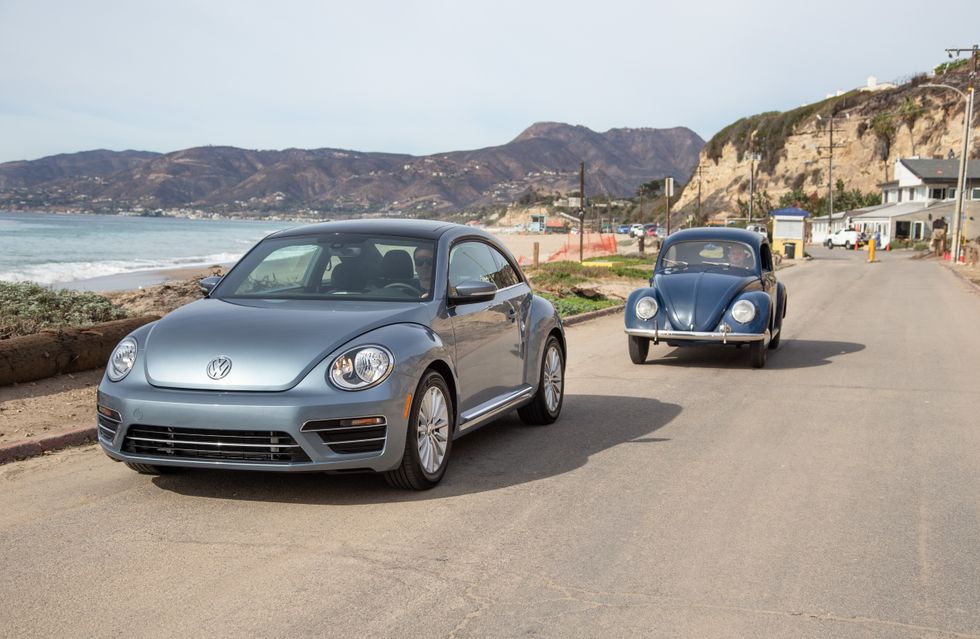
The 2019 VW Beetle is included in the recall
VOLKSWAGEN
Volkswagen
The German manufacturing giant has been forced to recall 114,478 vehicles in the United States over airbag concerns, according to the National Highway Traffic Safety Administration (NHTSA).
The documents state: "The driver's side frontal airbag inflator may explode due to propellant degradation occurring after long-term exposure to high absolute humidity, high temperatures and high-temperature cycling.
"An inflator explosion may result in sharp metal fragments striking the driver or other occupants resulting in serious injury or death."
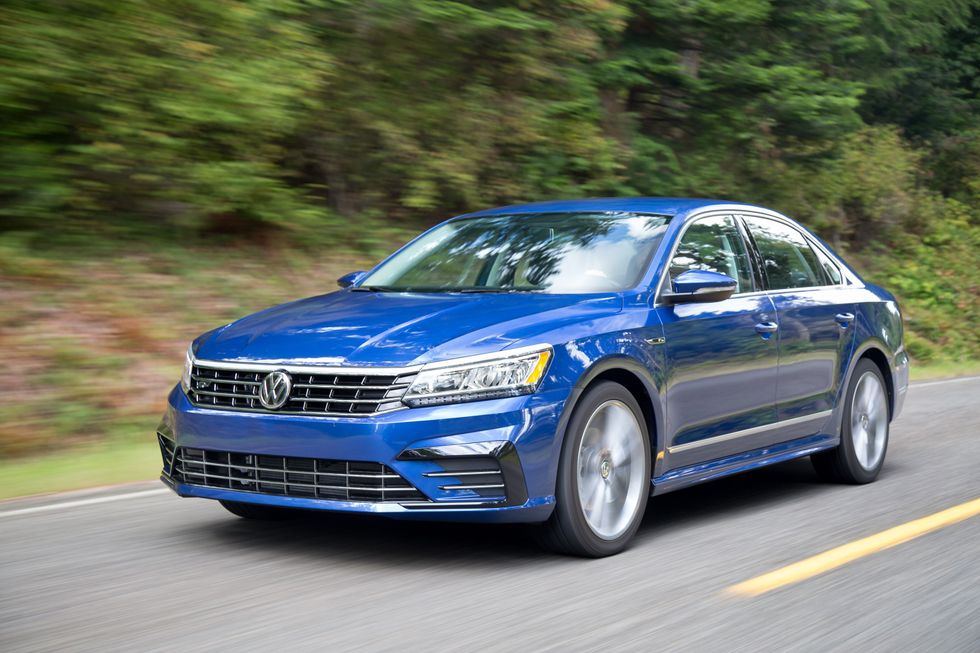
The 2017 Volkswagen Passat
VOLKSWAGEN
Affected vehicles include the Volkswagen Beetle (2017-2019), Beetle Convertible (2017-2019), Passat Wagon (2017), Passat Sedan (2006-2007) and the Passat (2012-2014).
According to Volkswagen dealer communications, a repair for the airbag is not yet available, although dealers and owners will be notified in writing once the remedy is available.
Dealers are advised to diagnose customer vehicle concerns and perform repairs, if needed, following existing repair procedures.
However, the NHTSA states that dealers will replace the driver's side front airbag module, free of charge.
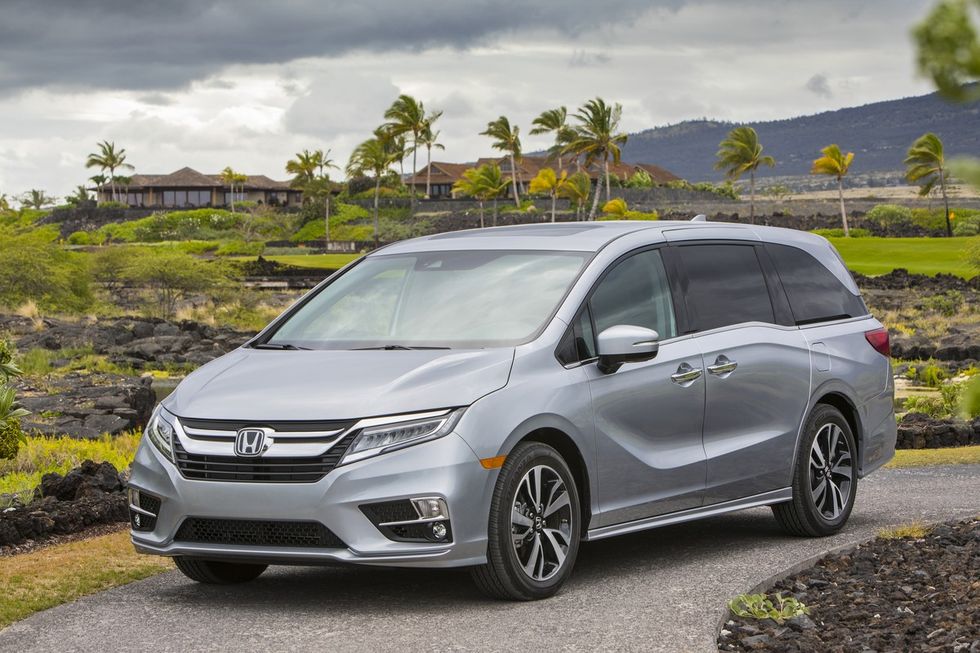
The 2020 Honda Odyssey
HONDA
Honda
While no vehicles are being recalled, the NHTSA said it was opening a probe into 1.4 million Honda and Acura vehicles in response to serious engine issues.
According to documents from the NHTSA, the investigation has been launched to look into the failure of connected rod bearings which could lead to "complete engine failure".
The investigation covers 2016-2020 model year Acura MDX, 2018-2020 Acura TLX, 2016-2020 Honda Pilot, 2017-2019 Honda Ridgeline and 2018-2020 Honda Odyssey vehicles.
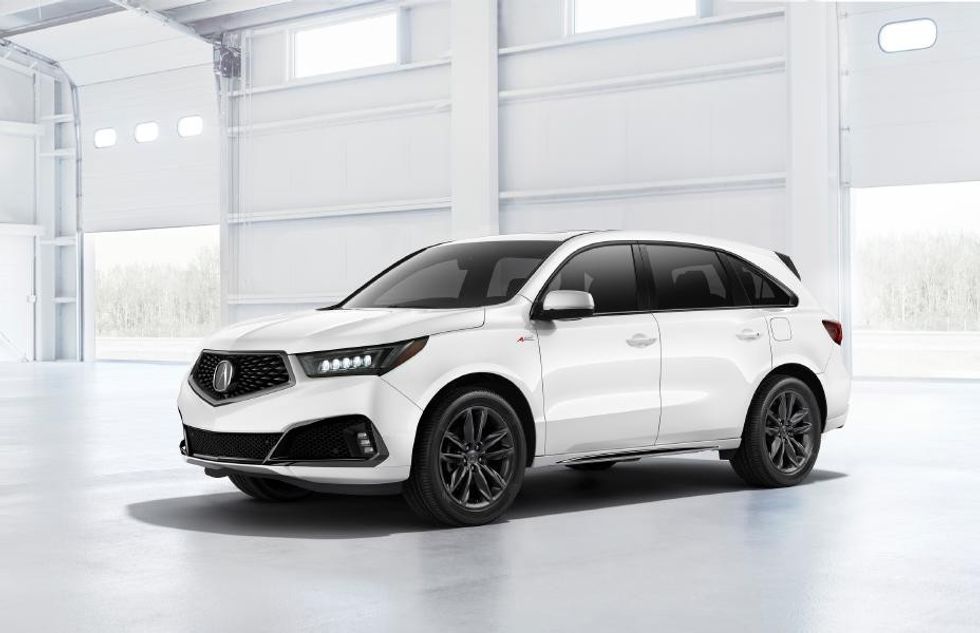
The 2020 Acura MDX
HONDA
Honda had previously recalled almost 250,000 vehicles in November 2023 in relation to a manufacturing defect in the engine crankshaft which could lead to engine failure.
It stated: "Due to a manufacturing error, the connecting rod bearing in the engine may wear and seize, damaging the engine."
The Japanese manufacturer confirmed that it would cooperate with the NHTSA throughout the query process and has already been in communication with the agency.
According to the NHTSA report, 173 incidents have been recorded in relation to the issue, as of November 8, 2024.
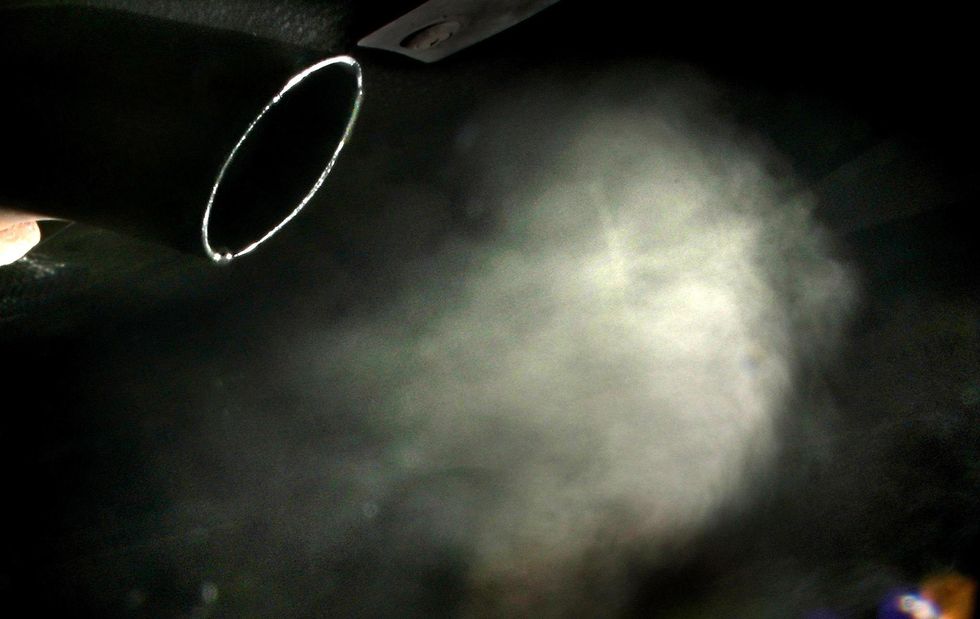
Defeat devices were used to cheat tests by misrepresenting the emissions output of a vehicle
PADieselgate
The Department for Transport has confirmed that dozens of vehicles are being investigated over fears their emissions are higher than originally thought.
According to a Freedom of Information request from ClientEarth, the inquiry will examine 47 models produced by 20 brands, in scenes reminiscent of the dieselgate scandal almost a decade ago.
It has been claimed that some manufacturers made use of defeat devices which are illegal. It has been suggested that thousands of cars could be recalled.
LATEST DEVELOPMENTS:
ClientEarth stated that the new revelations represented a "major step forward" in addressing the controversial legacy of dieselgate.
It suggested that the new investigation could be the "most meaningful step the Government has taken yet to lift the lid on the issue since the scandal broke".
A spokesperson for the Department for Transport said: "Defeat devices are illegal, misleading for drivers and can have negative health impacts on the public.
"We routinely and robustly check vehicles against emission standards and have acted quickly to set up an investigation on this matter. We will work with industry to resolve any issues identified."







